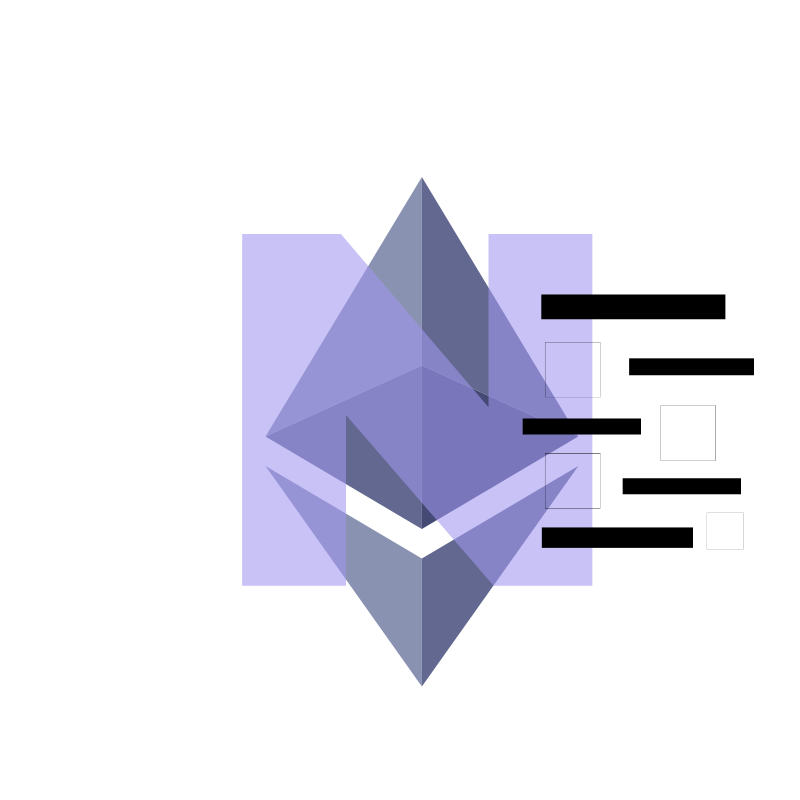

Brazilian Court Pioneers Use of NFTs for Subpoenas in Major Crypto Fraud Case
Apr 2, 2025
2 min read
A Brazilian court has made a groundbreaking decision by allowing the use of non-fungible tokens (NFTs) to serve subpoenas in a high-profile fraud case involving the alleged pyramid scheme BWA Brazil. This innovative approach aims to notify unidentified defendants linked to a significant cryptocurrency bankruptcy.
Key Takeaways
A Brazilian court has authorized the use of NFTs to serve subpoenas to unknown defendants in a bankruptcy case.
The case involves BWA Brazil, accused of defrauding investors of approximately 11,200 Bitcoins, valued at around $900 million.
The court's decision reflects a growing trend of integrating blockchain technology into legal processes.
Background of the Case
BWA Brazil, founded in 2017, presented itself as an investment firm offering exposure to Bitcoin. It promised investors a fixed monthly return of 5%, which was unsustainable given the volatile nature of cryptocurrency. The scheme collapsed in early 2020 when the company froze withdrawals, leaving investors with substantial losses estimated at R$300 million (approximately $52.2 million).
In July 2020, BWA Brazil filed for judicial recovery, claiming it would reimburse its clients. However, by mid-2021, the court shifted the case from recovery to bankruptcy, citing the company's failure to pay its clients. The founders, Paulo Roberto Ramos Bilibio and Jessica da Silva Farias, remain at large.
Court's Decision on NFT Subpoenas
The court's ruling allows the court-appointed trustee of BWA Brazil's bankrupt estate to mint NFTs containing legal documents and send them to wallet addresses associated with the alleged fraud. This decision aims to interrupt the statute of limitations on claims related to the missing Bitcoins, which were reportedly acquired using creditor funds.
The court emphasized that creditors who suffered significant losses should not be further harmed by legislative delays in adapting to technological advancements. The ruling stated:
Creditors who suffered multimillion-dollar losses cannot be further harmed by legislative delays in keeping up with technological innovation. Therefore, I authorize the court-appointed trustee to take all necessary actions to notify of this interruptive protest via electronic communication using NFTs.
Implications of Using NFTs in Legal Proceedings
The use of NFTs in legal processes is becoming increasingly common, despite the commercial NFT market experiencing a downturn since its peak in 2021. This case highlights how blockchain technology can facilitate legal notifications, especially in cases involving digital assets.
Traceability of Bitcoin: The architecture of Bitcoin allows for the tracking of transactions, even if wallet addresses remain anonymous. This capability is crucial for identifying potential beneficiaries of the fraud.
Challenges in Attribution: While centralized exchanges can help trace transactions, peer-to-peer transfers complicate the identification of individuals involved. The use of NFTs for legal notifications addresses these challenges by providing a direct method of communication.
Conclusion
The Brazilian court's decision to utilize NFTs for serving subpoenas marks a significant step in the intersection of technology and law. As the legal system adapts to the complexities of digital assets, this case may set a precedent for future legal proceedings involving cryptocurrencies. The ongoing developments in this case will be closely watched as they could influence how similar cases are handled globally.
Sources
Brazil Approves NFT Subpoenas - Game Changer?, CCN.com.
Brazilian judge allows NFT subpoenas to Bitcoin wallets in high-profile fraud case, CryptoSlate.